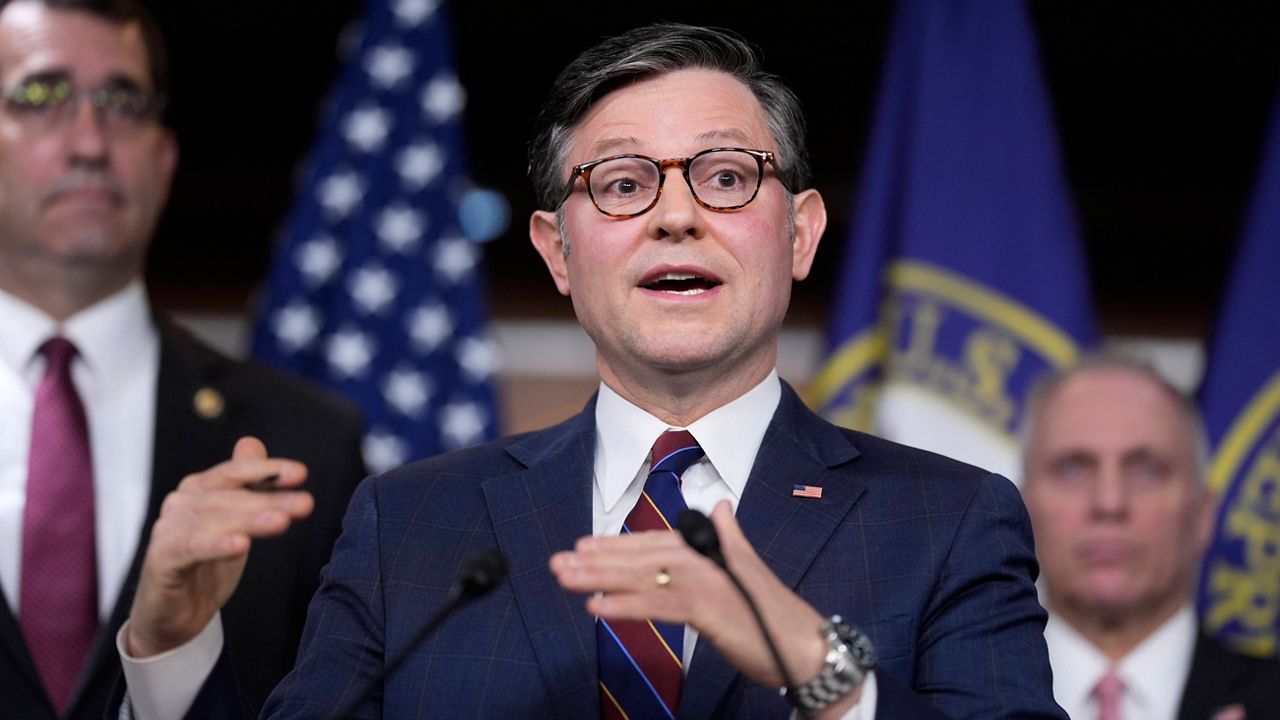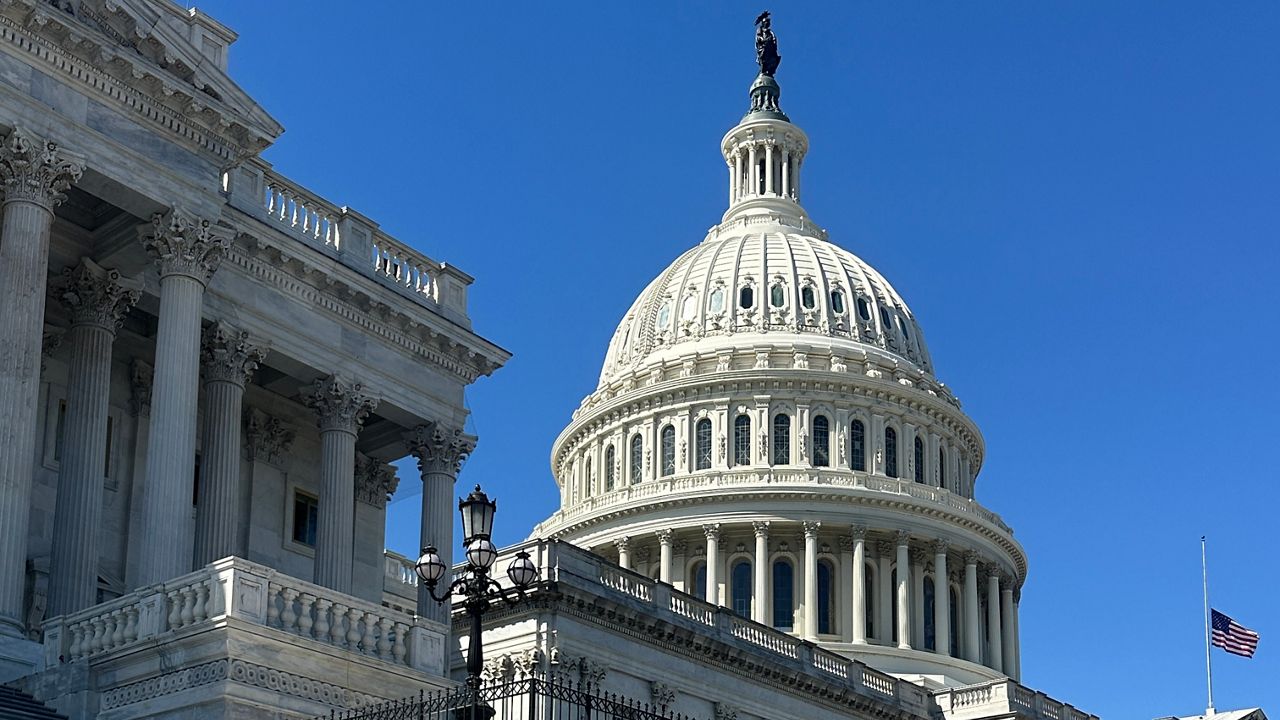WASHINGTON, D.C. — A bipartisan group of House members in Congress has introduced legislation aimed at improving air quality on planes, called the Safe Air on Airplanes Act.
Airplane cabins require pressurization to have enough oxygen while flying, but flight attendants and the unions that represent them say most current systems are putting passengers and flight crews at risk when it comes to their health.
"External air is drawn in from the engines, compressed warm, and then pumped in to the pressurized aircraft cabin. This is called bleed air. Believe it or not, this bleed air is not filtered, and oil and fuel can leak and become vaporized. This vapor oil can enter the cabin air supply, causing a fume event," said Keturah Johnson, International Vice President, Association of Flight Attendants-CWA, AFL-CIO.
Some House lawmakers are seeking to phase out the so-called ‘bleed air systems.’ A bill led by Democratic Congressman Maxwell Frost would end the current systems in new designs, and eventually phase them out in current planes. He says the new Boeing 787 jet aircrafts already fix this issue.
"Planes without air bleeds already exist, our bipartisan piece of legislation will end the use of this antiquated air system by cleaning them out completely, and requiring filters and new systems that are stronger and do a better job of removing contaminants out of the air we breathe," Frost said.
Spectrum News asked Airlines for America for comment on the legislation. In a statement the organization told us, "Modern aircraft have highly effective environmental control systems that filter air as it is circulated throughout the aircraft cabin, and multiple studies over the years have consistently concluded that cabin air meets or exceeds health and safety standards."
Shannon De Witt an Orlando flight attendant on medical leave, who supports Frost's bill, says the issue has negatively impacted himself and others, and that he experienced symptoms like tingling, headaches and heart palpitations.
"I've been a professional flight attendant for 18 years. And, at first these fume events, these toxic exposures did not impact me. But, over time, I saw others impacted by it. And, then I started having symptoms," De Witt said.
The legislation introduced in the House on Thursday has been referred to the Committee on Transportation and Infrastructure.









